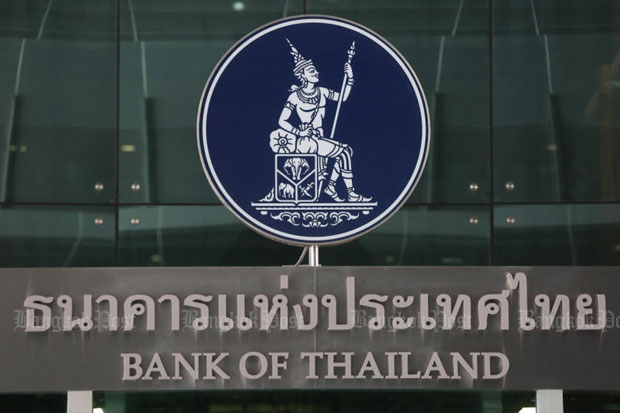
The IMF supports the Bank of Thailand's stated stance, saying monetary easing could help bring inflation back within the targeted range this year as the country's economic recovery gains momentum but struggles to become broad-based.
"A number of directors agreed that monetary easing, within a broader expansionary policy mix, could help steer inflation back to target, with macroprudential policy used to address financial stability concerns," the IMF executive board said after its Article IV consultation with Thailand. "A number of other directors considered the current monetary stance to be sufficiently accommodative, and that monetary policy should balance support for inflation against financial stability risks."
Headline inflation averaged 0.7% in 2017, below the central bank's 1-4% target band for the third year in a row, reflecting low food prices and weak core inflation.
Thailand's headline inflation in May registered 1.49% on an annual basis, the highest level in 16 months.
The directors said enhanced communication would improve the effectiveness of monetary policy transmission by strengthening the expectations channel.
They emphasised the importance of exchange rate flexibility, with intervention limited to avoiding disorderly market conditions, noting that a number of directors encouraged publication of the intervention data with appropriate lags to improve transparency and communication, but a few other directors said that the potential sensitivity of the data warranted a more cautious approach.
The directors agreed that the financial system remains sound.
Although it does not expect the non-bank financial sector to pose systemic risks, the board called for close monitoring for vulnerabilities.
The directors broadly concurred that strengthening macroprudential policy should help ensure continued containment of systemic risks. They looked forward to the forthcoming financial sector assessment programme, which will involve a more comprehensive assessment of risks in the financial sector.
"A cyclical recovery is underway in Thailand but has yet to become broad based," the board said. "Domestic demand remained sluggish amid structural challenges, and export gains failed to trickle down to household incomes and investments in other sectors."
Growth momentum is expected to continue in 2018 and 2019, supported by sustained export dynamism. A rebound in public investment, in line with the government's infrastructure plans, is expected to crowd in private investment.
"Risks to the near-term outlook arise from potential weaknesses in the external environment, including protectionism, as well as domestic structural challenges," the board said. "On the other hand, a stronger than projected rebound in investment provides an upside risk to growth, and greater dynamism in regional trade could further boost Thai exports."
Directors said that the recovery has yet to become broad‑based, as structural challenges continue to be a drag on domestic demand.